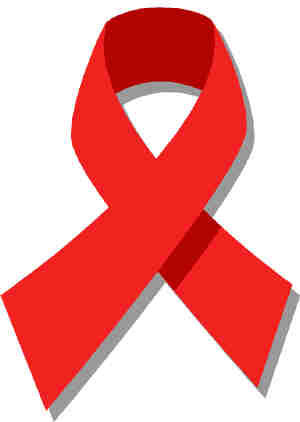
The United States President’s Emergency Plan for Aids Relief (PEPFAR) has been drastically chopping funding for HIV and Aids programmes on abstinence and faithfulness in Sub-Saharan Africa from a peak of $200 million in 2008 to a paltry $50 million because these have not significantly reduced the HIV incidence.
By Phyllis Mbanje
Despite PEPFAR spending $1,3 billion on promoting delayed sexual debut and sticking to one partner, many people in Sub-Saharan Africa, Zimbabwe included, have failed to change their high risk sexual behaviour.
According to a research by scholars from Stanford University School of Medicine, trends in behaviour prior to the introduction of PEPFAR funding and after PEPFAR funding, exhibited no significant change in the number of sexual partners for both men and women, the age of first sex for both men and women and the proportion of teenage pregnancies.
Funding abstinence and faithfulness programmes was believed to reduce the number of sexual partners and delay sexual debut, thus having a substantial impact on the HIV epidemic.
PEPFAR since 2004 earmarked one-third of its funding to be spent on programmes promoting abstinence from sexual relations, delaying sexual activity and faithfulness.
However, in their concluding remarks the researchers said: “We find no evidence to suggest that PEPFAR funding of abstinence and faithfulness programmes results in reduced high-risk sexual behaviour.”
Senior programmes officer for Students and Youth Working on Reproductive Health Action Team Sindisa Ndlovu said many development partners had also shifted focus on abstinence and faithfulness as there are other strategies that have proved more effective.
- Chamisa under fire over US$120K donation
- Mavhunga puts DeMbare into Chibuku quarterfinals
- Pension funds bet on Cabora Bassa oilfields
- Councils defy govt fire tender directive
Keep Reading
“There is no empirical evidence to back up the success of such programmes and even our own government is now focusing on preventive methods that do produce results and have clinical evidence,” he said.
Programmes like the prevention of the mother-to-child transmission (PMTCT) and initiation of patients on antiretroviral therapy have proved their worth and presented critical evidence that showed their success rate.
“It is very difficult to actually measure abstinence or faithfulness because both are relative and are centred on value systems,” Ndlovu said.
With the crumbling family unit, however, value systems are no longer effective and strategies like abstinence and faithfulness are not being given priority.











